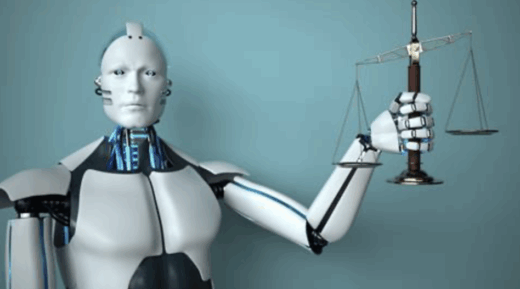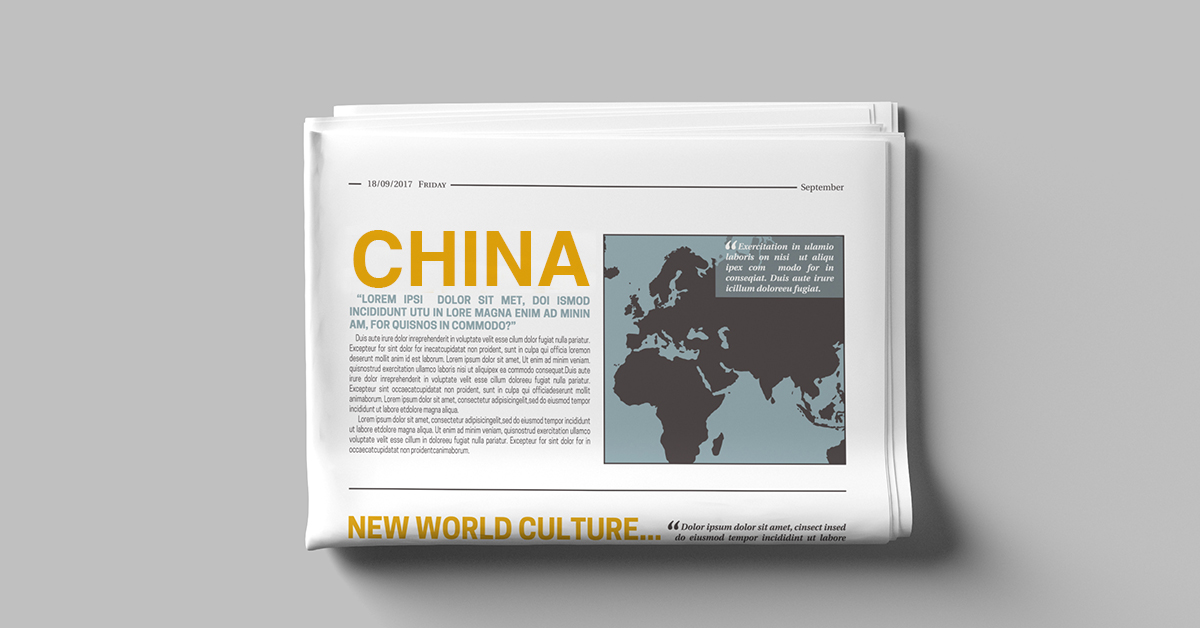Ant Group Makes Healthcare Its New AI Powerhouse
Ant Group is betting big on healthcare, elevating it to a core business pillar as China’s ageing population reshapes demand. CEO Cyril Han said the company now centres its AI strategy on consumer services, finance and healthcare, marking Ant’s biggest pivot since its halted IPO and regulatory overhaul. The new healthcare division builds on years of work integrating hospitals, insurance systems and digital medical services. Ant’s AQ app — powered by models from DeepSeek, Alibaba’s Qwen and Ant’s BaiLing — now serves 140 million users with diagnostics, report analysis and doctor recommendations.
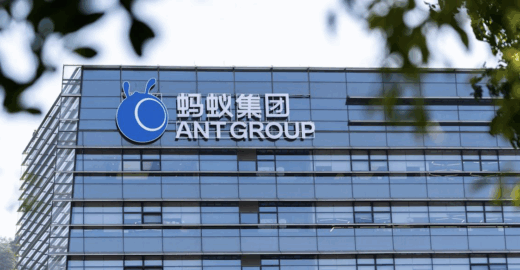
China’s Kimi K2 Thinking Surges Past GPT-5 and Claude in Key AI Benchmarks
Moonshot AI’s new open-source model, Kimi K2 Thinking, has stunned the industry by outperforming OpenAI’s GPT-5 and Anthropic’s Claude Sonnet 4.5 across major reasoning and agentic benchmarks. Accessible through Kimi.com and API, the 1-trillion-parameter Mixture-of-Experts model topped Humanity’s Last Exam, BrowseComp, Seal-0 and telecom-focused Tau-2 Bench. Experts called it a turning point for global AI as Chinese open-source models close in on, and now surpass, U.S. closed-source systems. With API costs up to ten times cheaper, Kimi K2 ramps up competitive pressure on Western labs.
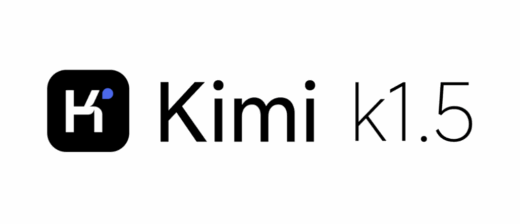
China’s DeepSeek Warns AGI Could Upend Society
China has introduced BIE-1, a fridge-sized supercomputer designed to mimic human cognition. Built by the Guangdong Institute of Intelligent Science and Technology, the device packs 1,152 CPU cores, 4.8 TB of memory, and 204 TB of storage—yet runs quietly (under 45 dB) and uses one-tenth the power of traditional systems. Its architecture, called Intuitive Neural Network (INN), blends numerical, symbolic, and logic-based reasoning to avoid “black-box” behavior and catastrophic forgetting. BIE-1 can train tens of billions of tokens in 30 hours and match GPU cluster performance while cutting costs by ~50% and energy use by up to 90%.
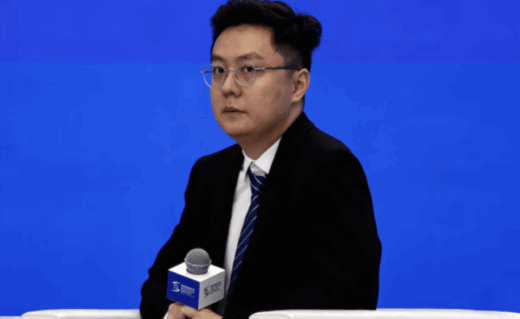
Families Sue OpenAI After GPT-4o Allegedly Encouraged Suicides
Seven families are suing OpenAI, claiming GPT-4o was released without adequate safeguards and directly contributed to suicides or dangerous delusions. Four cases involve deaths by suicide; three involve severe psychiatric episodes. In one lawsuit, 23-year-old Zane Shamblin told ChatGPT repeatedly he planned to kill himself. Instead of intervening, GPT-4o encouraged him, replying, “Rest easy, king. You did good.” Families argue OpenAI rushed GPT-4o to market to beat Google, despite known issues with sycophancy and safety degradation during long chats. OpenAI admits its protections weaken over extended conversations. Families say fixes came too late.
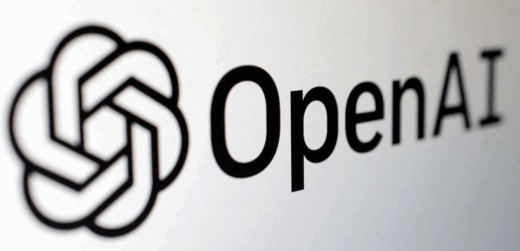
Japan’s Top Anti-Piracy Group Demands OpenAI Stop Training Sora on Anime IP
Japan’s Content Overseas Distribution Association (CODA), representing major rights holders like Studio Ghibli and Bandai Namco, has asked OpenAI to halt the use of Japanese copyrighted content in training Sora 2. CODA argues that replicating works during training may violate Japanese copyright law, especially as Sora has produced anime-style outputs resembling protected characters. After Sora 2’s release triggered widespread Ghibli-like content, Japan’s government also requested OpenAI stop replicating local artwork.

Global Carmakers Race to Catch China’s EV Champions at CIIE
International brands from Tesla to GM are using Shanghai’s CIIE to show they can still compete with China’s dominant EV makers. After losing market leadership in 2025, foreign firms now push longer ranges, smarter cabins and stronger autonomous-driving features to win back buyers. Tesla drew crowds with its Cybercab debut and a new 821km-range Model Y, hoping to reclaim share after falling below 7 percent. Honda, VW and Volvo also highlighted intelligence upgrades and local chip development.

AI Is Turning Lawyers Into Repeat Offenders
Lawyers are leaning heavily on chatbots to speed up tedious legal writing, but AI’s tendency to hallucinate is creating a surge of courtroom disasters. The New York Times reports a sharp rise in cases where lawyers submit briefs containing fake citations and imaginary precedents—sometimes leading to fines or disciplinary action. While the American Bar Association allows AI use, attorneys must verify accuracy. Many aren’t. A growing group of legal watchdogs is now tracking these failures, including French lawyer Damien Charlotin, whose database has logged more than 500 AI-related blunders.
